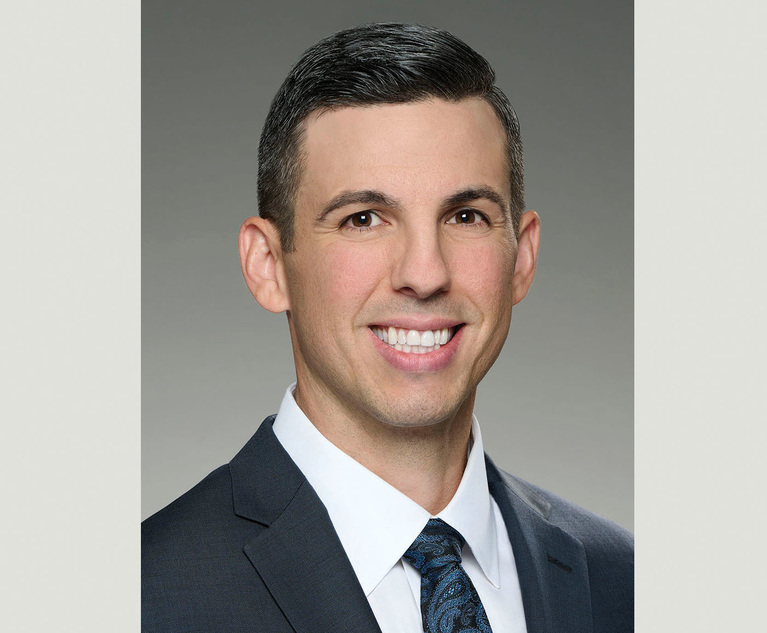It is a well-established ethical principle that, in general, a lawyer who represents a client in a litigated matter may not also appear as a witness in the same matter, whether for or against the client. In a letter opinion in In re Straight Path Communications Shareholder Litigation, C.A. No. 2017-0486-SG (Del. Ch. July 12, 2021), Vice Chancellor Sam Glasscock offered guidance to the parties facing just such a prospect.
The primary issue in the case was whether a controller wrongfully coerced the board of directors of the nominal defendant, Straight Path, to give up a right of indemnification against Straight Path’s former parent, IDT. Both IDT and Straight Path were controlled by the same individual. IDT’s lead counsel, who was admitted pro hac vice in the case, was also a witness to events at issue in the case. He sought to both represent the IDT defendants at trial as lead counsel, and to testify as a fact witness on behalf of his clients. The plaintiffs moved to prevent him from doing so, arguing that Rule 3.7(a) of the Delaware Lawyers’ Rules of Professional Conduct prohibits a lawyer from being both an advocate at trial and a fact witness, except in narrow circumstances that did not otherwise apply. The plaintiffs expressed no preference whether lead counsel appeared as an advocate at trial or as a fact witness, but argued that he could not do both and should make an election as to his role before trial.


 Barry M. Klayman, left, and Mark E. Felger, right. Courtesy photos
Barry M. Klayman, left, and Mark E. Felger, right. Courtesy photos




